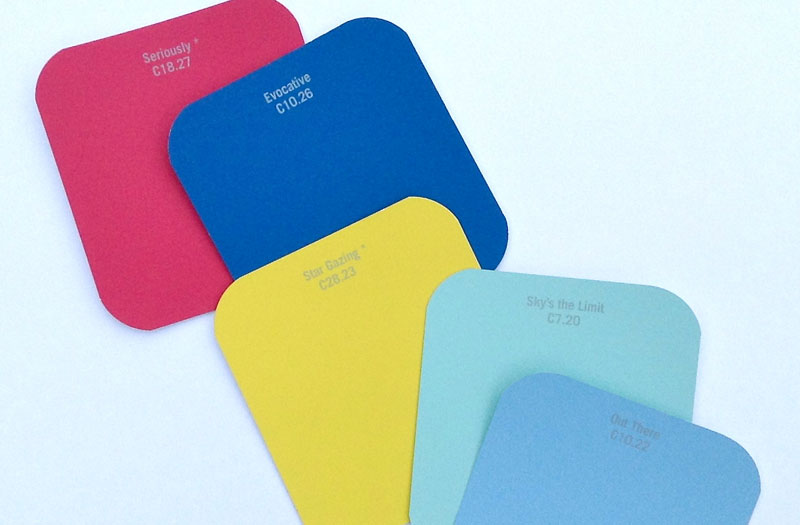 It is a reminder I gave to the research students who I advised at university. It’s an assurance I give to the writers I work with today. And it’s something I heard author and memoirist Dani Shapiro say recently.
It is a reminder I gave to the research students who I advised at university. It’s an assurance I give to the writers I work with today. And it’s something I heard author and memoirist Dani Shapiro say recently.
“We never finish books.”
She doesn’t mean that we never read all the way to the final page (although sometimes that can be the case too.) Rather, it is the books we write that we never really finish. What happens instead, according to Dani, is this:
“We reach a point where we have made them as good as we can with the tools we have at the moment we have them. And so could any book benefit from being put in a drawer for another year and then pulled out again and looked at with cold eyes? Probably. But at a certain point you say, ‘It’s time for this to go into the world. I’ve taken it as far as I can.’”
Writing can turn into a endless process if we let it. There are always more tweaks to make, more details we could add, and more words we might shuffle, shift or discard. It is devastatingly easy to come up with reasons why our manuscript is still not yet ready and to justify our inability to finish it. If we just had a bit more time, if we just did a little more research, if we just keep working on it then surely we will get it right. Eventually. Won’t we?
Despite your heartfelt efforts, it will never be definitive, never conclusive nor complete. All it ever can be, and all it really needs to be, is a reflection of a moment in time, crafted with the best tools you have.
Of course you will do everything you can to make your book as good as possible. Yet even so, you may find that after taking the brave step of sharing it with the world, you will suddenly see a whole other way you could have done it. There’s a decent, if disappointing, chance that after all your labours, you may still look back on it someday with a sense of dissatisfaction or even embarrassment.
Friends, that happens. It is part of being a writer. Sure, it’s not the best part. But neither is it a compelling enough excuse for us to not to write and not to publish.
We are never really ready. Or we are already ready. Either way, at some point we must just trust – closing our eyes first if necessary – that we have taken our writing as far as we can and to realise that it is time to let it go into the world.
That can be a scary moment for any writer, yet it is one that we must face and embrace again and again, for it is only in the world and in the minds of our readers that our words truly come alive.
Do you struggle to finish writing your books? Is it hard for you to send them into the world? What holds you back from sharing your writing and what helps you decide when it is ready?
 I know I’m not the only one. I know it has happened to you too. It happened to one of my clients just the other day. We have been working together for over a year now on a project which is almost ready to be published. As we were discussing the final stages of the work, she said to me:
I know I’m not the only one. I know it has happened to you too. It happened to one of my clients just the other day. We have been working together for over a year now on a project which is almost ready to be published. As we were discussing the final stages of the work, she said to me: How did I not discover this until now?
How did I not discover this until now? 
